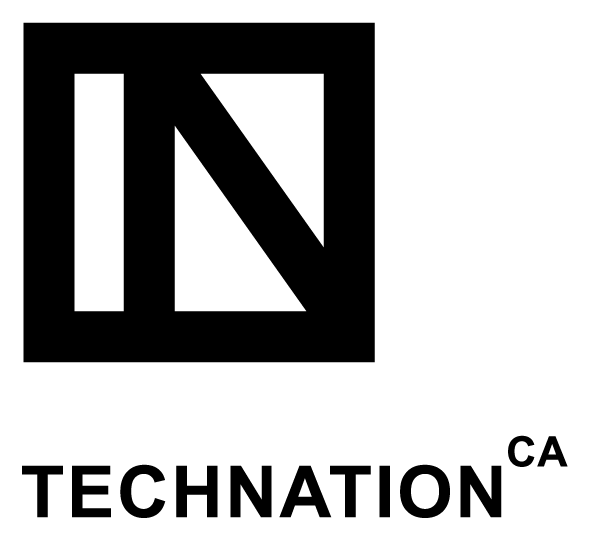The Need for Research in Health Informatics
Information and Communications (ICT) systems have been used in health
organizations for over 50 years. They have addressed areas from the mundane,
such as finance and administration, to the clinically-critical, such as
laboratory and radiology information systems, computer-based physician order
entry, and clinical event monitoring and critical care. Despite the existence of
100s of vendors with installed systems and the fact that virtually no healthcare
organization can be found without at least basic systems deployed, we still have
a long way to go and face many unanswered or inadequately answered challenges
that require research if the full value of ICT is to be realized and
demonstrated.
Notwithstanding the decades of advancement, we still do not have adequate answers in areas such as the definition of the content of the electronic health record, mechanisms for deriving, representing, and executing care guidelines, usable technologies for knowledge-guided order entry, effective and usable clinical decision support systems, methods for customizing interactive systems to different user-types and individuals, automated chart extraction, medical literature summarization, and hundreds of other areas. Moreover, in the last decade we have finally recognized the importance of human factors in the success of systems and the need to evaluate both quantitatively and qualitatively the systems we create in order to gradually bring them to success.
Beyond these fundamental areas there remains the need to design and demonstrate prototypes, proofs-of-concept, actual working systems and usable and effective methods and frameworks. Much research and development is yet to be done related to the applications of Health Informatics to real situations, including innovative means of delivery, more effective methods for integrating systems into human processes, and the evaluation of their economics and clinical impacts.
The need for research in Health Informatics, both fundamental and applied, is even more important today than it was back at the beginning of the computer revolution, because today we find ourselves far less limited by the technology but greatly impaired by the weakness and incompleteness of our ideas, knowledge, creativity and our understanding of human factors. The result this is the grand age of Health Informatics research, and Canada must position itself on the global stage to be a player in this area.
Notwithstanding the decades of advancement, we still do not have adequate answers in areas such as the definition of the content of the electronic health record, mechanisms for deriving, representing, and executing care guidelines, usable technologies for knowledge-guided order entry, effective and usable clinical decision support systems, methods for customizing interactive systems to different user-types and individuals, automated chart extraction, medical literature summarization, and hundreds of other areas. Moreover, in the last decade we have finally recognized the importance of human factors in the success of systems and the need to evaluate both quantitatively and qualitatively the systems we create in order to gradually bring them to success.
Beyond these fundamental areas there remains the need to design and demonstrate prototypes, proofs-of-concept, actual working systems and usable and effective methods and frameworks. Much research and development is yet to be done related to the applications of Health Informatics to real situations, including innovative means of delivery, more effective methods for integrating systems into human processes, and the evaluation of their economics and clinical impacts.
The need for research in Health Informatics, both fundamental and applied, is even more important today than it was back at the beginning of the computer revolution, because today we find ourselves far less limited by the technology but greatly impaired by the weakness and incompleteness of our ideas, knowledge, creativity and our understanding of human factors. The result this is the grand age of Health Informatics research, and Canada must position itself on the global stage to be a player in this area.









